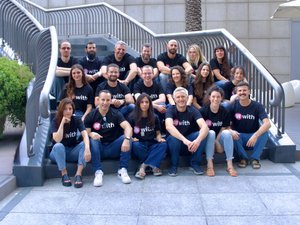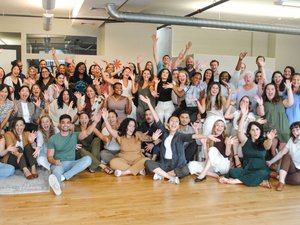No announcement has been accompanied by such palpable excitement as edX was earlier this year. Not only were two of the most renowned institutions collaborating, but the open-source technology platform highlighted, and reinforced, the endless, life-changing opportunities opening up for learners around the world.
MIT OpenCourseWare had been met with similar fanfare 10 years prior, after former MIT President Charles Vest made his historic announcement. The Institute’s step to provide free access worldwide to primary materials from virtually every course at MIT marked a turning point in education and spawned a slew of other platforms, including Khan Academy, Coursera and Treehouse.
What edX promised, however, was a new level of engagement and the option to receive a Harvard- or MIT-sanctioned certificate at a “modest fee.” The platform was going beyond just providing syllabi and coursework and announced they were offering online laboratories, video lesson segments, embedded quizzes and immediate feedback instead, all to students around the world who never dreamt they would have the chance at an Ivy League-level education.
The popularity had been proven prior to launch. Over 90,000 people registered for the first MITx course before it even launched. A few months later, Harvard launched its first free courses with 100,000 students on board.
And the popularity didn’t go unnoticed.
Since launching in May, edX has already partnered with the University of California, Berkley, the University of Texas System, Wellesley College, Georgetown University, as well as Bunker Hill and MassBay Community Colleges. Through those partnerships, an even broader, yet still specialized, form of education has been offered to the masses.
“edX is, in the very best sense, a work in progress,” admitted former MIT President Susan Hockfield the day edX was announced. “But, is it also an act of progress.” She went on to say:
Today, in higher education, generally, you can choose to view this era as one of threatening change and unsettling volatility, or you can see it as a moment charged with the most exciting possibilities presented to educators in our lifetimes. [...] Online education is not an enemy of residential education, but rather a profoundly liberating and inspiring ally.
As we move into the new year, Hockfield’s comment will hopefully resound with educators who fear massive open online education is more of a threat than a promise for the future.
“edX is both revolutionizing and democratizing education,” said edX President Anant Agarwal in a press release that went out today. “In just eight months, we’ve attracted more than half a million unique users from around the world to our learning portal.”
The platform has just announced its spring courses, featuring a broader scope of studies, including Greek literature, quantum mechanics, as well as human health and global environmental change.
If there was one educational platform you could say “disrupted” traditional education, edX was, and is, that platform. From this year-on, education has truly been changed forever. The only way schools can save themselves now is by choosing to innovate and opting to jump on board.
For a look back at edX’s initial press conference, check out the photos below.








